ETH alumni as drivers of innovation
When it comes to innovation, Switzerland’s greatest capital is its highly qualified workforce. But what makes an innovation successful? And what makes an idea innovative in the first place? Twelve ETH Zurich alumni share their thoughts and experiences.
"The ETH is one of the reasons why we’re among the most innovative countries in the world"
“The Federal Institutes of Technology play a vital role in Switzerland. They are one of the reasons why we’re among the most innovative countries in the world. Alongside leading institutions such as ETH, Switzerland also boasts a dual and flexible education and training system that guarantees a steady stream of highly qualified young talent. The country’s business-friendly environment is another key driver of innovation. To ensure these strengths are maintained, universities must remain committed to the pursuit of science, free of ideology. At the same time, we must dismantle bureaucratic hurdles for business that reduce innovation.”
"ETH has always understood the importance of recruiting people who are unafraid of new ideas"
“Innovation is a state of mind. On the one hand, it means never being satisfied until something is perfect – an attitude that could well be described as quintessentially Swiss and one with which I’m all too familiar. On the other hand, it’s the freedom from fear. As the composer John Cage once said, ‘I can’t understand why people are frightened of new ideas. I’m frightened of the old ones.’ ETH has always understood the importance of recruiting people who are unafraid of new ideas. At the same time, it has come to recognise that it’s not enough to conduct research and register patents. The key question is whether a new idea can be turned into a commercial success.”
“Education and curiosity are both tools that ETH provides its students with”
“What is innovation? And what is just hype or a false dawn? It’s often hard to tell the difference. What we need to remember is that the purpose of innovative products, methods and solutions is to offer a response to a concrete need. Understanding those needs, some of which are only just emerging, requires education and the curiosity to question the status quo. ETH provides its students with both these tools. Furthermore, incubators such as Wyss Zurich, a joint accelerator for translational research at ETH and the University of Zurich, help create a thriving ecosystem – and that makes it simpler to transform a vision into an innovation.”
"We need to be more open to taking risks!"
“For me, innovation is about solving problems in new and creative ways. Our country’s small size and our focus on continuing education give us an edge in Europe in terms of innovation. And compared to other countries, our economic policy offers strong incentives for people to be inventive and set up their own company. That’s something we need to defend with all our might. Where we can still improve as a society, however, is in our attitude towards failure. We can all do our bit here by celebrating entrepreneurship and by accepting that failed projects and unsuccessful ventures are all part of that journey. We need to be more open to taking risks!”
"It takes courage to think outside the box"
“Innovation is all about shaping the future and creating something that didn’t exist before. This takes vision and the courage to think outside the box. It also requires role models and inspiration. In my own work, I try to inspire others by rethinking existing structures and the systems behind them and then sharing that knowledge. I bring people together so that we can shape the future together. And that’s exactly what ETH Zurich does. It attracts people from all around the world – people who have grown up in different environments and have diverse stories to tell. This diversity is vital for innovation.”
"Radical innovation requires basic research plus plenty of staying power"
“ETH understands that radical innovation requires basic research plus plenty of staying power. But that’s only part of the story. You also need the ability to deal with frustration, because the search for something new and of value will most likely not turn out the way you anticipated. My contribution to making Switzerland an innovative place is to bring people together and to act as a ‘catalyst for ideas’. For a team to be innovative, it must have a high level of diversity but, at the same time, not be too diverse. It must be creative but also understand markets and people’s needs. Creativity alone is not enough.”
"This open dialogue has to be based on established facts"
“In cybersecurity, what drives innovation is the emergence of a new threat. Each new challenge that we face has to be met by new solutions. But innovation only happens when stakeholders with different mindsets engage with the arguments of others and then work to refine their own answers. That’s what we do here in Switzerland when we engage in direct democracy. But this open dialogue has to be based on established facts. One role of the scientific community is to continually check that these facts stand up to scrutiny. As one of the world’s leading universities, ETH is therefore vital to this dialogue and to our country’s capacity to innovate.”
"Switzerland has considerable strengths in many of the areas that help drive innovation"
“Innovation is a key driver of economic growth and social progress. It’s often equated with invention, but I prefer a more rounded view: successful innovation equals invention plus implementation plus diffusion. In other words, it’s about inventing something but also about putting it into practice and achieving commercial success. Switzerland has considerable strengths in many of the areas that help drive innovation, not least in research, education and funding. But where I still see plenty of room for improvement is in having the courage to try things out and in accepting the occasional failure as part of that process.”
"Innovation is never passive"
“There’s no recipe for patents, no ‘one size fits all’ approach to successful innovation. But what always drives innovation is people questioning the status quo, along with optimism and a belief that things can get better than they are right now. Innovation is never passive. It always involves action and interaction. Friction is therefore a key part of this process, be it in the form of irritation or annoyance, or in a creative form when different disciplines interact with one another and introduce different perspectives. This interdisciplinarity is part of the DNA at ETH Zurich – and part of what makes it such an innovative place.”
"An innovation must offer significant added value"
“An innovation must offer significant added value or address existing problems in a novel and more effective or efficient way. In my work, I strive to support projects that will propel Switzerland towards greater innovation and digitalisation, by providing direct financial investment or material support. Switzerland already boasts a robust framework, with stable political structures, ample funding opportunities and dynamic knowledge transfer. In addition, the country attracts talented individuals from around the globe, drawn by its exceptional education and training opportunities. ETH Zurich plays a pivotal role in this ecosystem and shows a real commitment to developing future leaders in science and the private sector who can drive innovative solutions.”
“That's how to turn a bold idea into a concrete innovation”
“Promoting innovation means encouraging people and institutions to be more daring. That’s a process that begins with research and extends into the practical realm. ETH Zurich played a key role in my career by giving me a certain freedom in my research and by providing financial support through the ETH Foundation to set up a spin-off company. I’m immensely grateful for that. This kind of support not only fosters entrepreneurship; it also strengthens the innovation ecosystem as a whole by enabling me to connect with other researchers and company founders. That’s the only way for bold ideas to attract the right support – and for a daring venture to produce concrete innovation.”
"ETH Zurich creates the perfect ecosystem for innovation and those first steps into the start-up world"
“Innovation can only thrive in the right environment. With all its initiatives and its programmes to promote entrepreneurship – such as ETH Juniors, the Student Project House and the Entrepreneur Club – ETH Zurich creates the perfect ecosystem for innovation and those first steps into the start-up world. As a former ETH Junior, I’m part of a huge network of inspirational people who have offered me support at many moments of my career. Trust and unity are essential ingredients of a successful team – along with open-mindedness, joint decision-making and absolute transparency.”
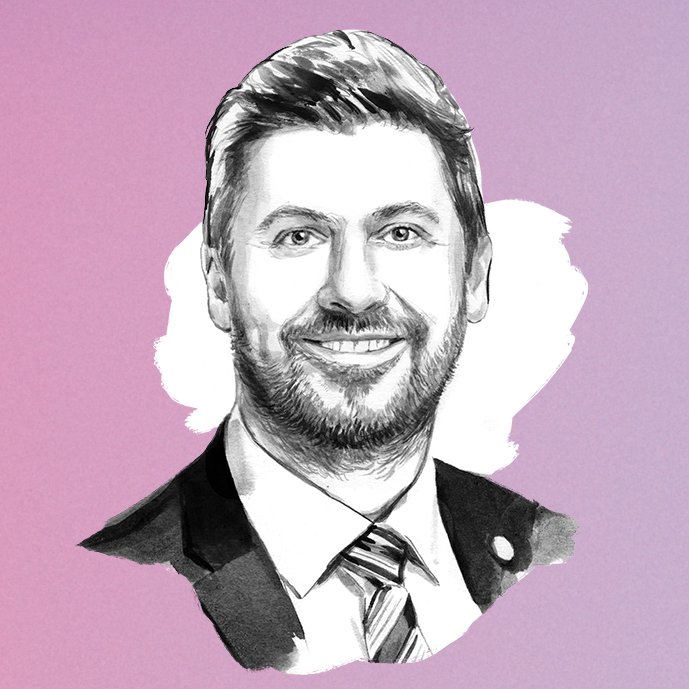
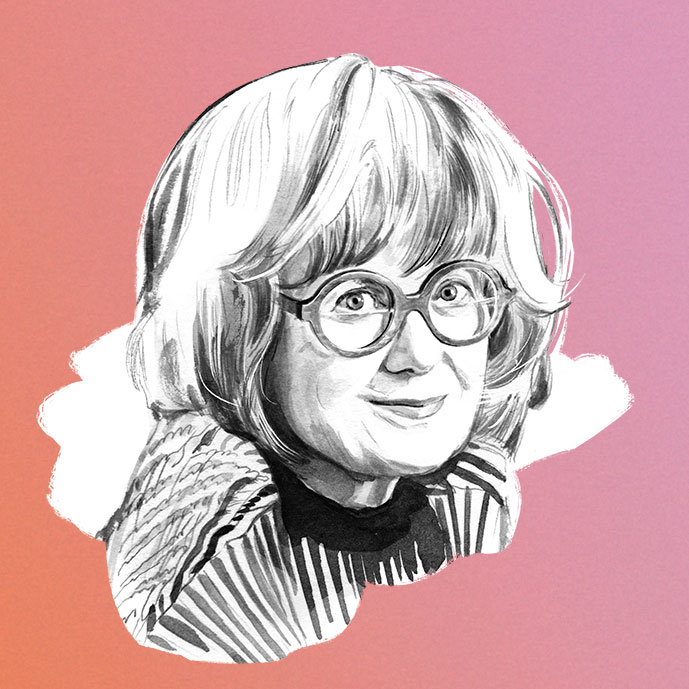
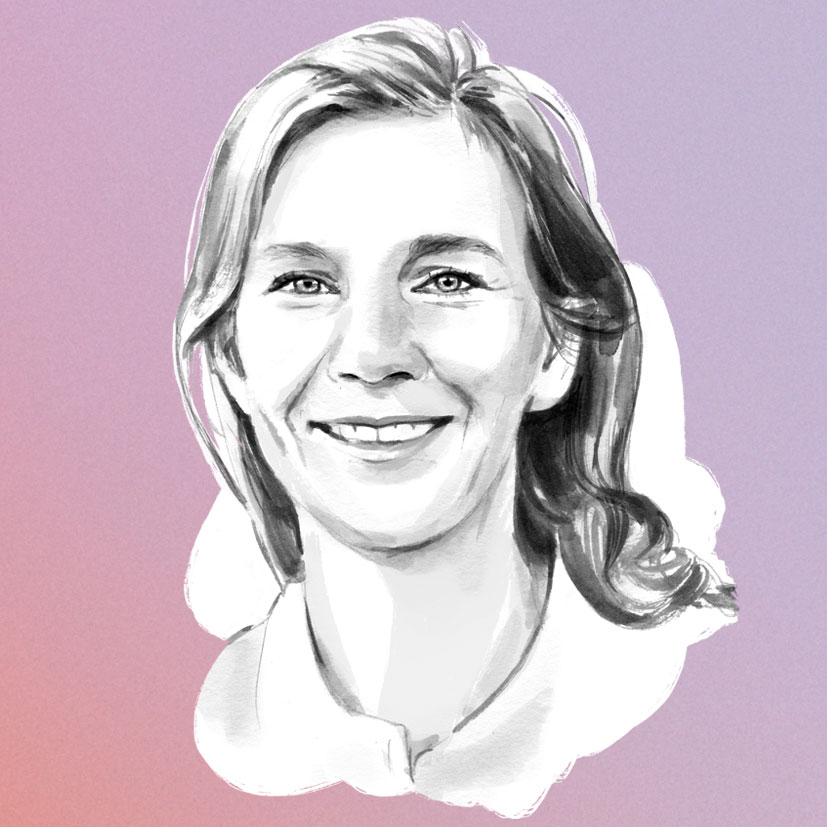
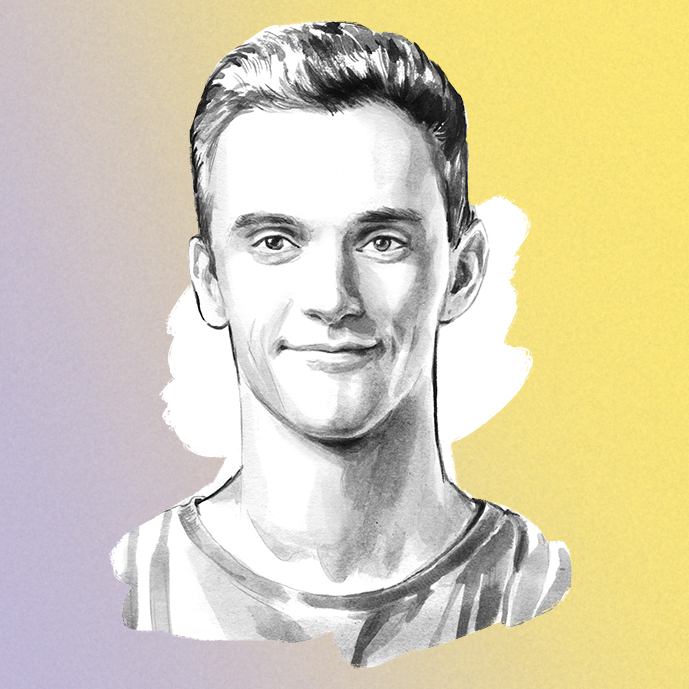
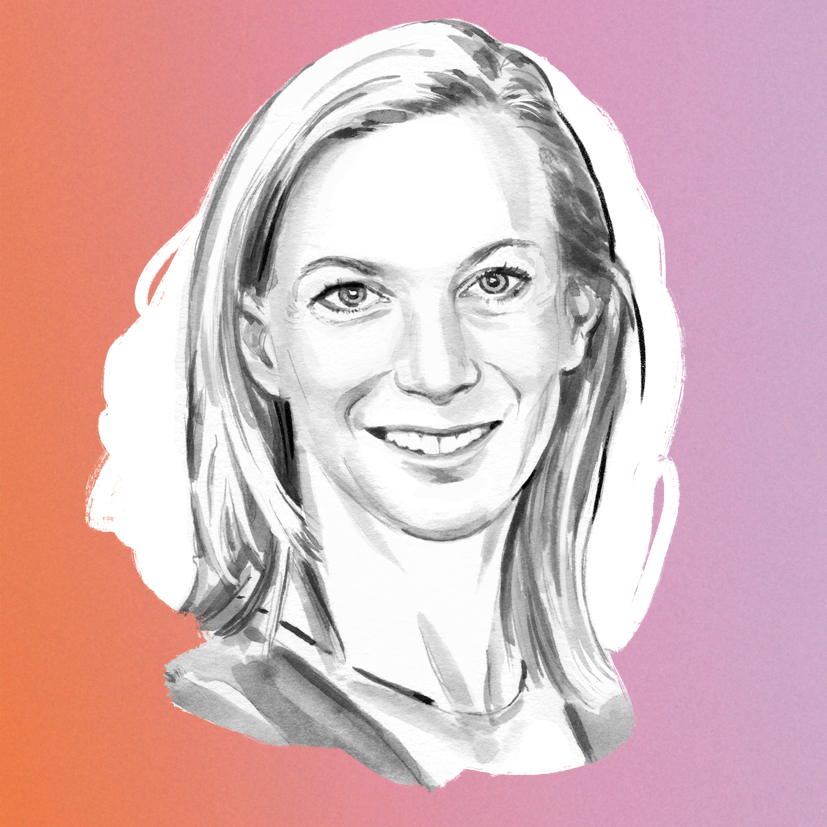
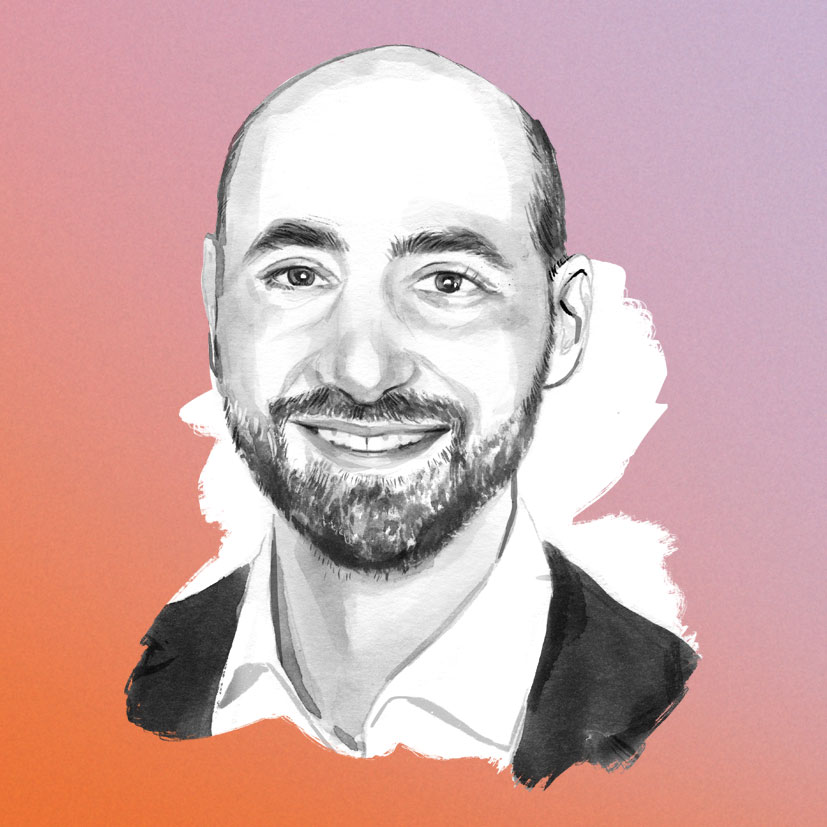
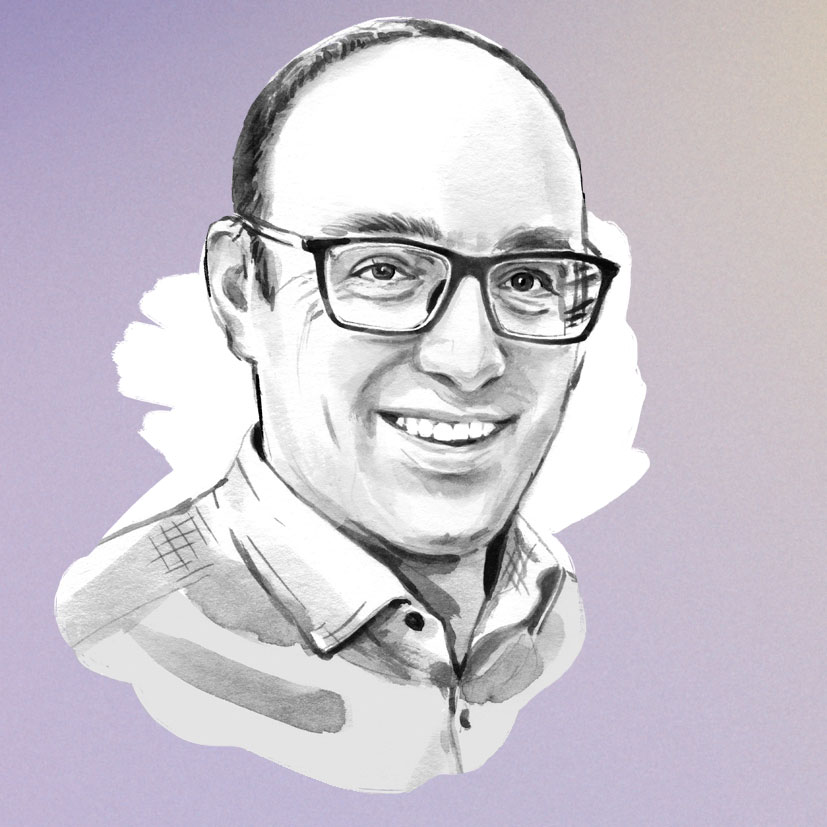
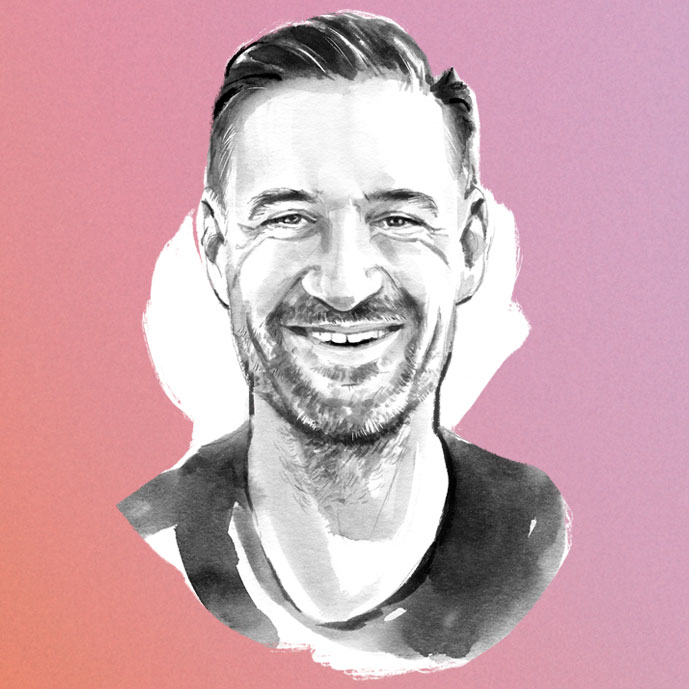
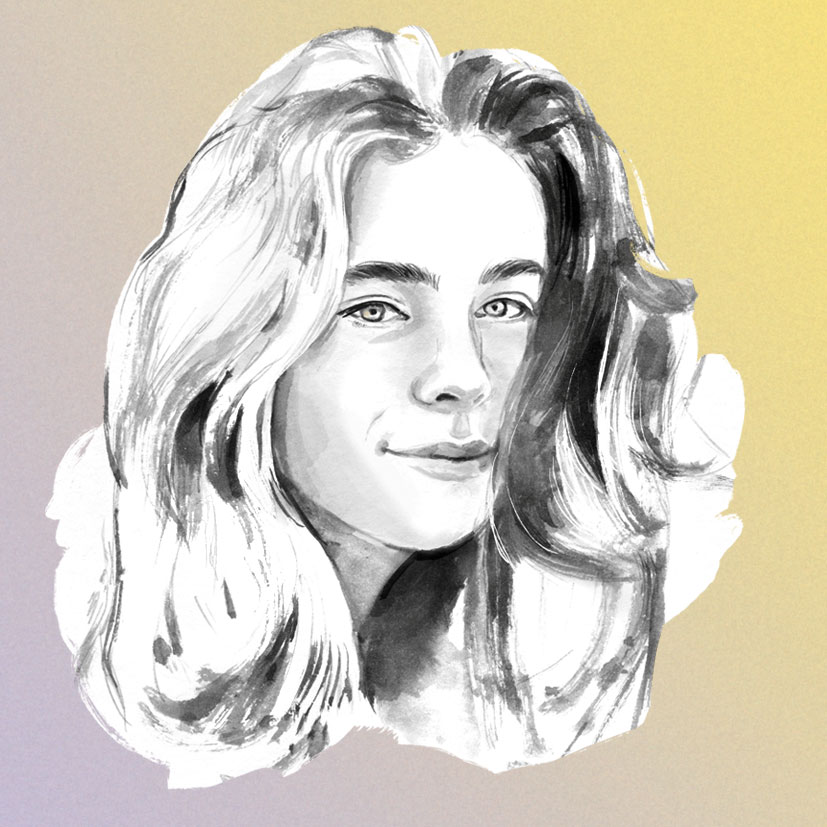
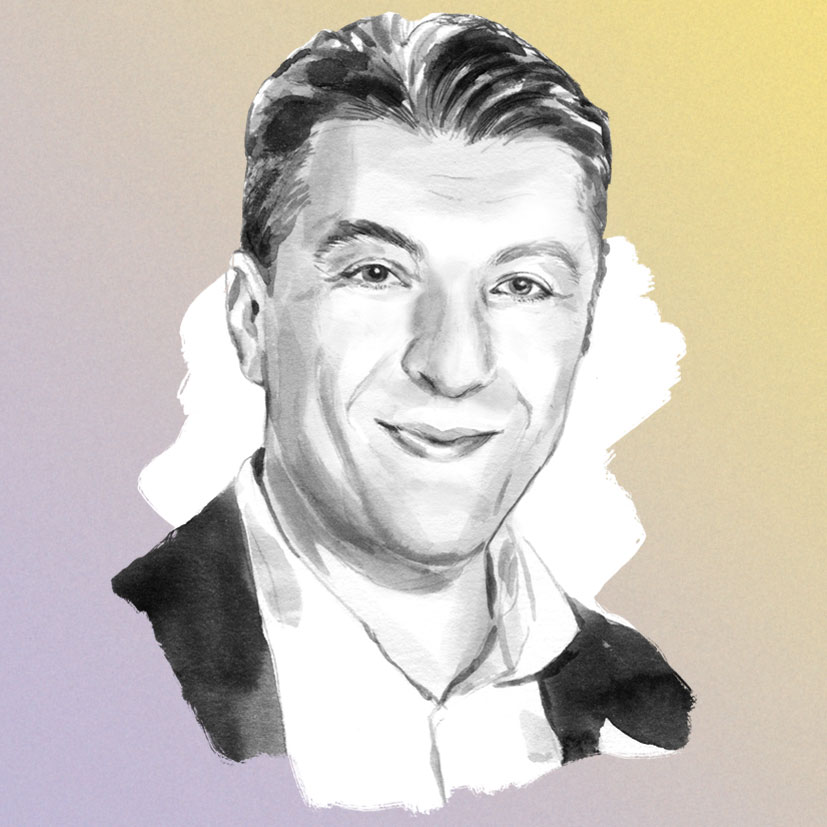
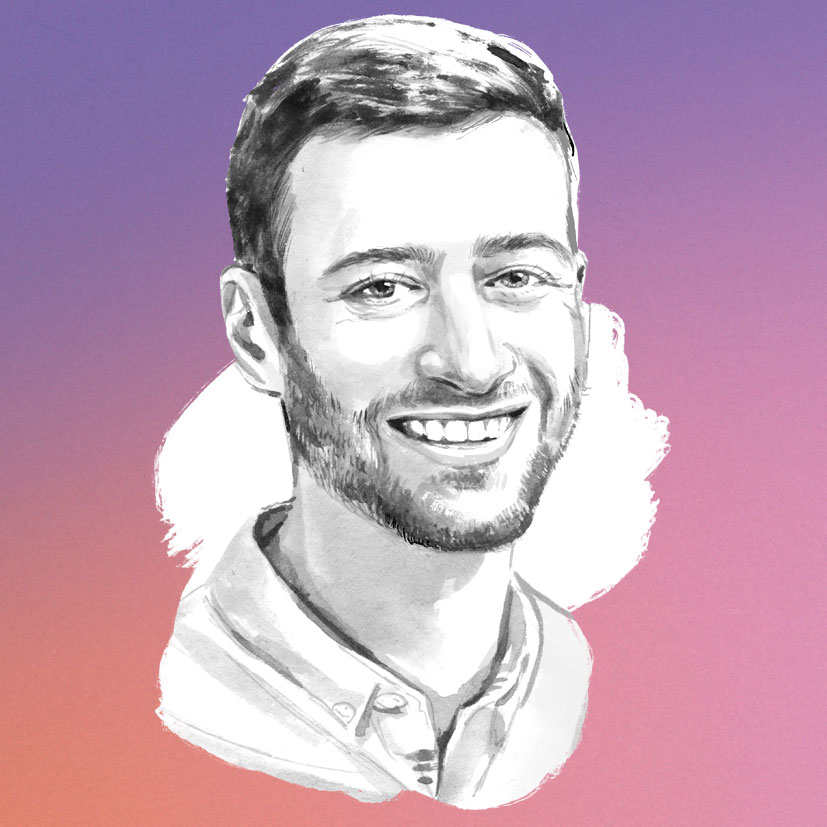
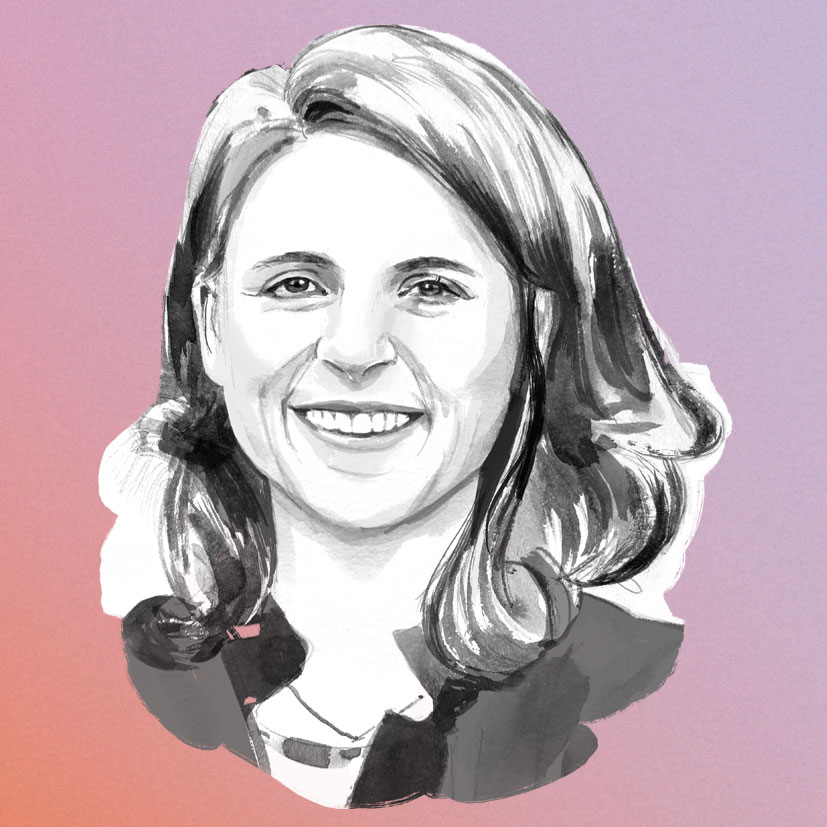
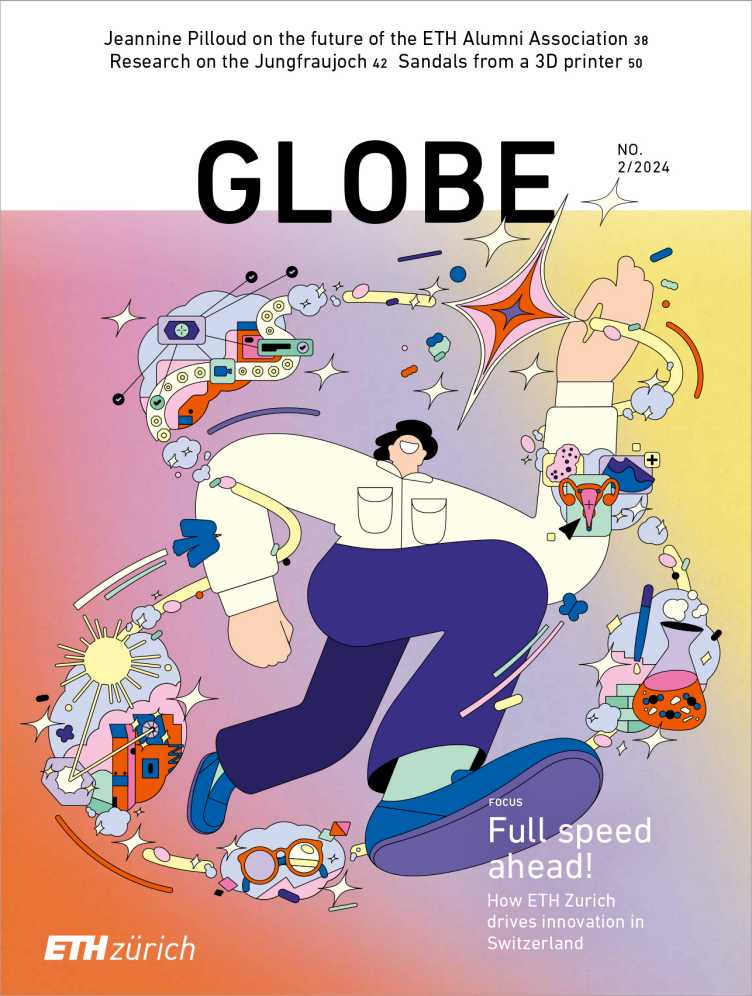



Comments
No comments yet